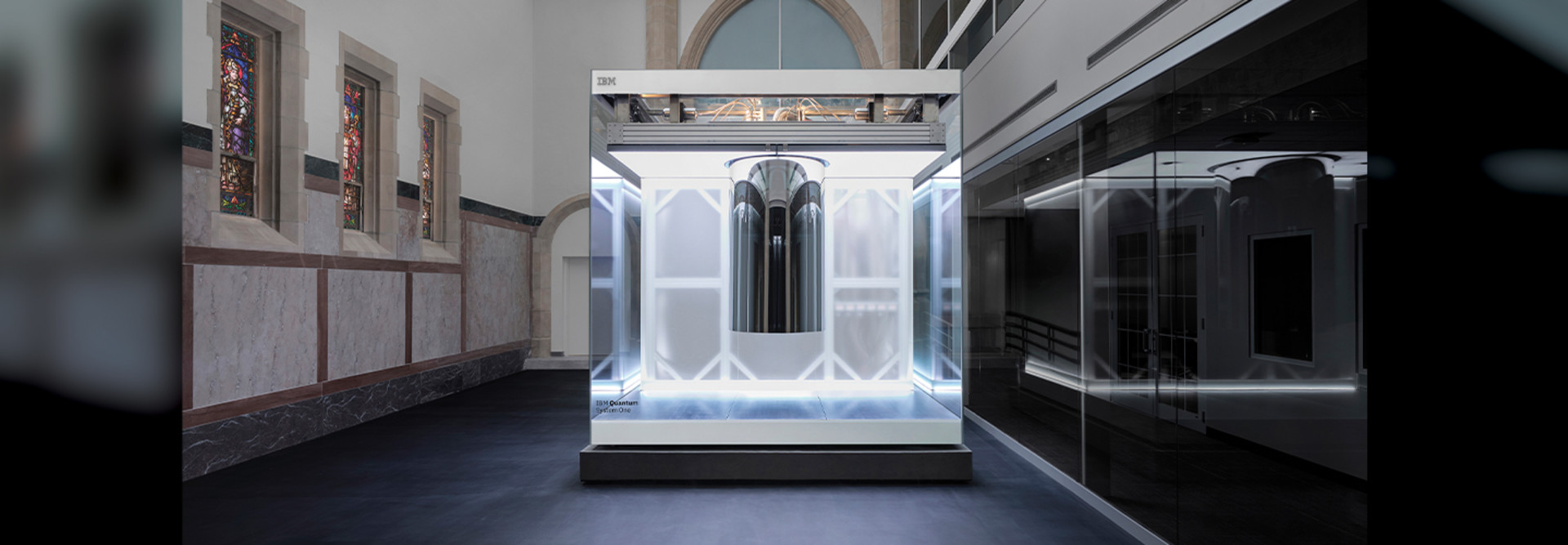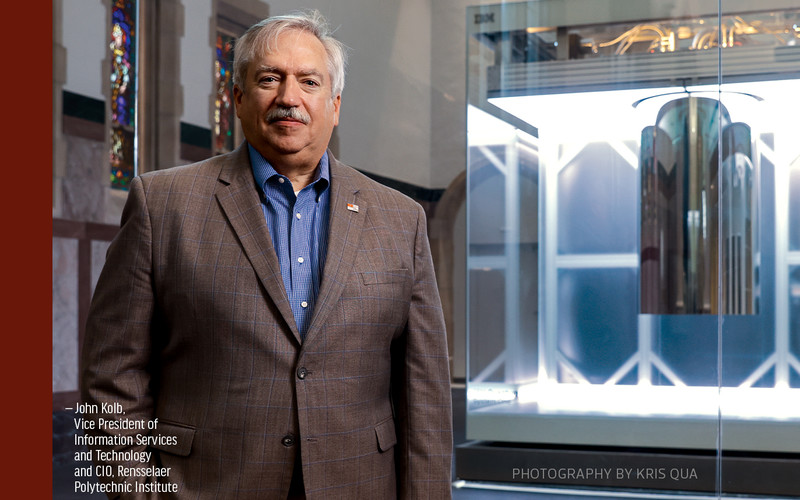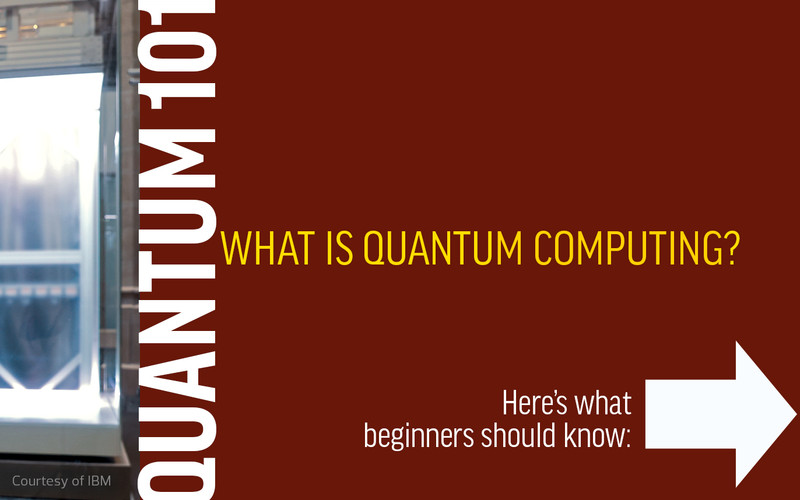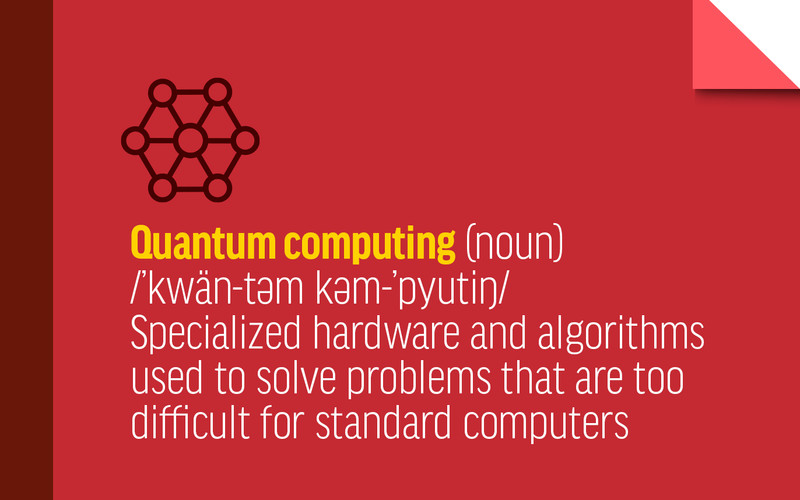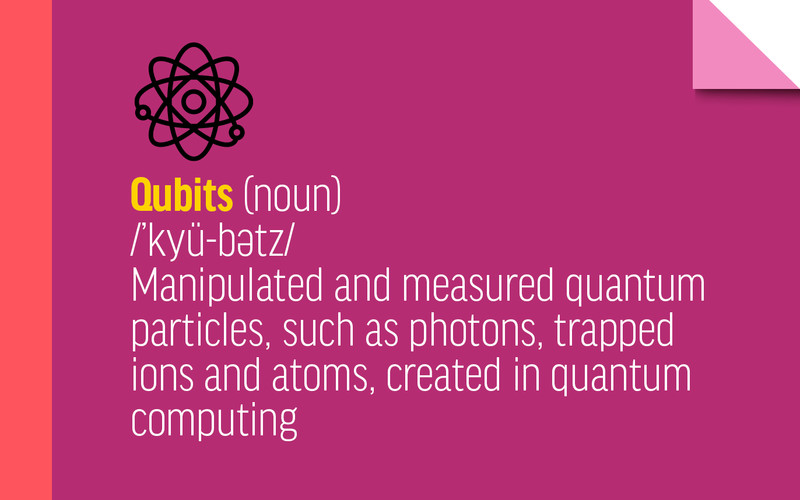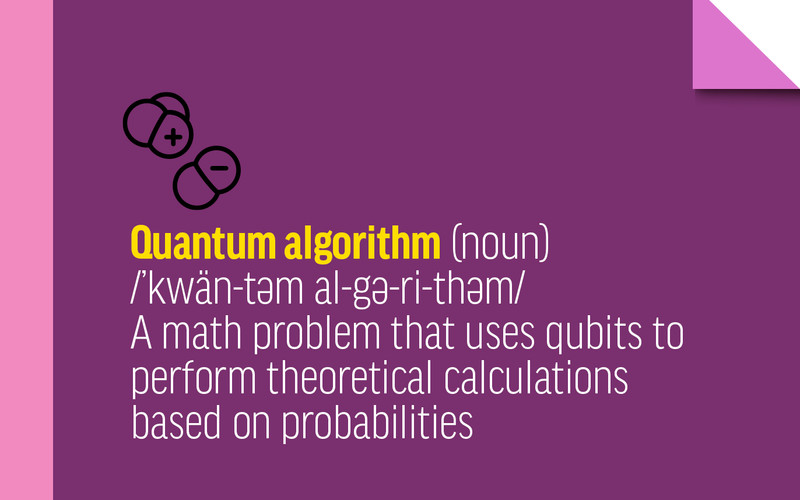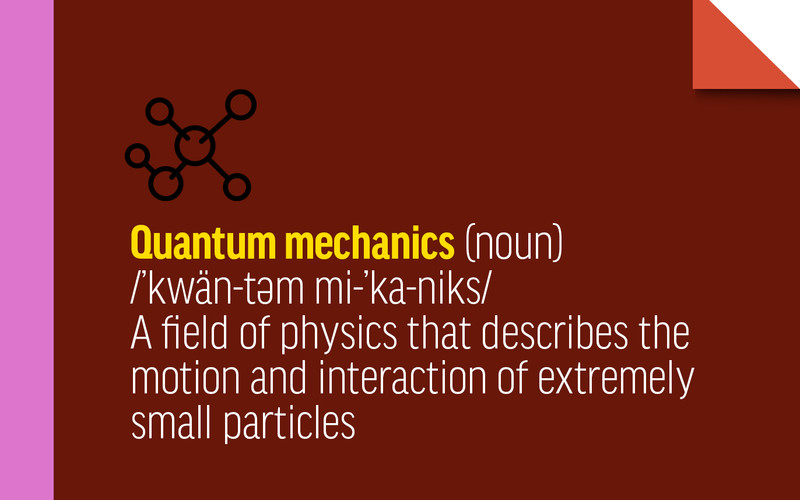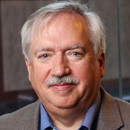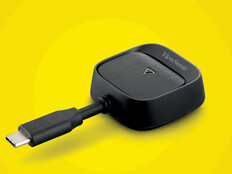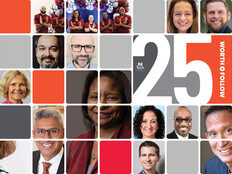Howard University Aims to Expand Quantum Computing Access
Also focused on the future while nurturing student development in the here and now is Howard University in Washington, D.C. In 2020, Howard partnered with IBM to bring a quantum computing research facility to its campus through an initiative for historically Black colleges and universities.
The first of what today has become a long list of member institutions that together constitute the IBM-HBCU Quantum Center, the Howard program offers opportunities to students with all levels of experience in quantum technologies.
“When they get started, most of them have little to no background in quantum,” says Su Yan, who directs the center with help from program managers Michelai Lowe and Sherri Chandler. Interested undergraduates typically begin with a series of self-paced online courses on quantum computing fundamentals. From there, many progress to more challenging work, including research projects led by faculty and graduate students. Users access the program’s quantum machines over the cloud with their personal devices, and they rely on IBM’s Qiskit open-source software to create and manipulate quantum algorithms.
At the moment, Yan notes, Howard students and researchers are pursuing a wide variety of quantum projects, from the development of novel quantum materials for use in engineering applications to the integration of artificial intelligence with quantum technologies.
Lowe, who focuses on student and faculty engagement, says providing access to the IBM quantum systems “is just one piece of what we do.” The program also runs math and coding boot camps, for example, and it provides scholarship, fellowship, and internship opportunities for undergraduate and graduate students. Today, about 40 students are conducting research through the center, up from just a handful at launch four years ago.
“We have students from across disciplines,” Lowe says, including math, computer science, engineering, physics and biology. “At first, we were looking for students and faculty to participate, but now people are finding us.”
Much of that is due to recent advances in quantum computing and the fact that the subject is hot, she notes. It also helps that Howard President Ben Vinson III, who was named to the position in November 2023, included quantum computing on a list of “innovative research areas” he’s directing the university to pursue.
“It sounds cliché, but one of the things that we hope to accomplish is making sure that HBCUs have a seat at the table with everything that’s happening with the quantum boom,” Lowe says. “We think it’s important that we’re part of the conversation and the curriculum building that’s going to shape the future.”



